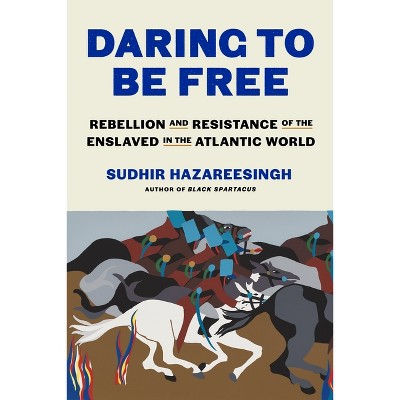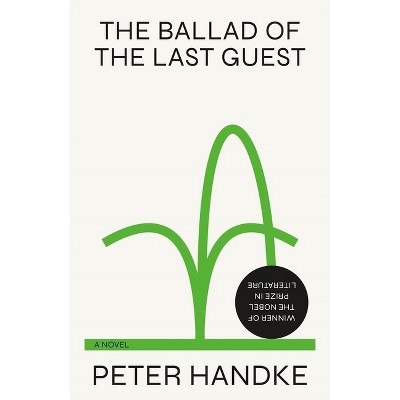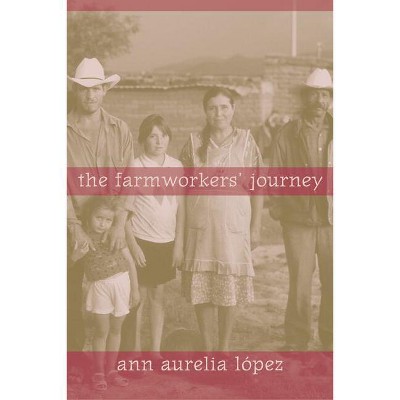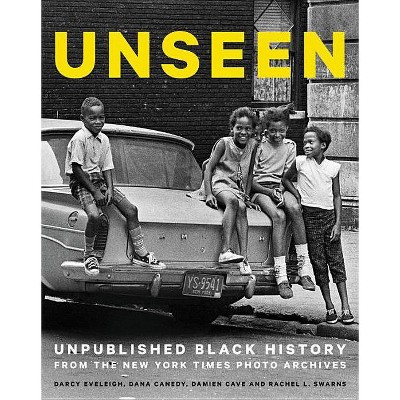
Candy - by Samira Kawash (Paperback)
$24.93Save $4.06 (14% off)
In Stock

Eligible for registries and wish lists
About this item
Additional product information and recommendations
Related Categories
Trending Social Science Books

$9.50
Save $5 when you spend $25 on select books
4.9 out of 5 stars with 100 ratings

$10.11
Save $5 when you spend $25 on select books
4.7 out of 5 stars with 30 ratings
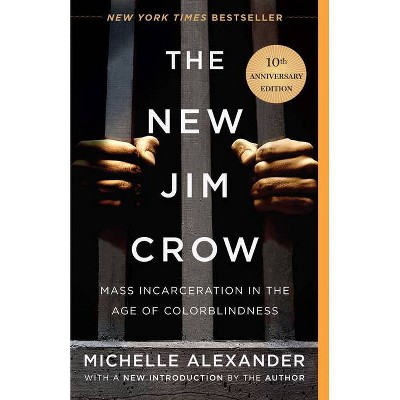
$9.99
MSRP $18.99
Save $5 when you spend $25 on select books
5 out of 5 stars with 11 ratings
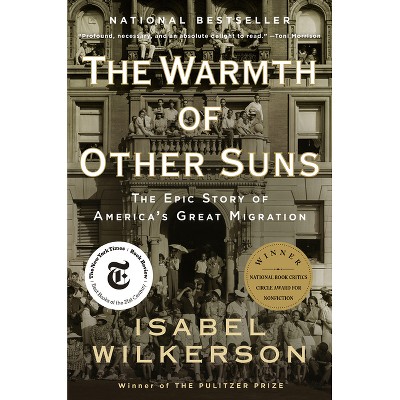
$10.63
Save $5 when you spend $25 on select books
5 out of 5 stars with 5 ratings

$7.40
Save $5 when you spend $25 on select books
4.9 out of 5 stars with 14 ratings


